My Turn: A stroke of good luck
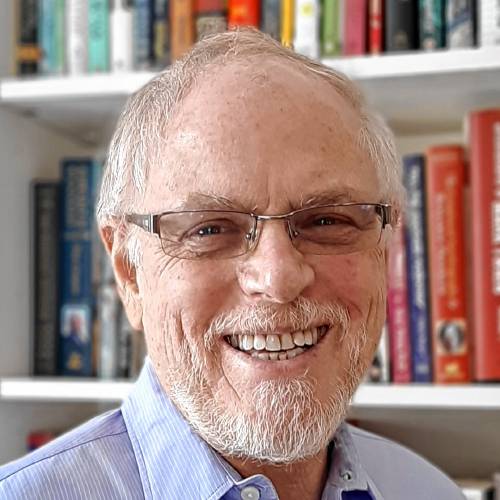
Bill Newman
| Published: 05-12-2025 5:30 PM |
I initially decided to not talk about this except with my family, closest friends and work colleagues who needed to know. But I changed my mind. If hearing about my experience might save someone’s life or future, well, that consideration should far outweigh any potential embarrassment or some random unkind comment. Let’s start at the end.
I was incredibly lucky.
In April, my wife Dale and I were in Jackson Hole, Wyoming, visiting our elder daughter Jo (NHS Class of 2001) and her family — our son-in-law, two granddaughters, ages six and four, two dogs (also sisters) and some horses.
On Saturday afternoon, the day before we were scheduled to fly home, we picnicked at a park in Jackson where the kids were running a robust lemonade-stand business. I wasn’t feeling great and was musing about catching a ride home and skipping that evening’s performance of a traveling circus at the Center for the Arts — juggling, a body contortionist, plates spinning on poles — that sort of thing. But it would be our last evening with the grandkids, so I stayed with them.
During the first half of the show, I felt some mild distress. After the curtain went up at intermission, my fingers fumbled badly as I tried to write a text. When speaking, it felt as if the words were getting stuck to the insides of my cheeks. Some words I couldn’t enunciate; others I couldn’t reach at all.
Then, because it was getting late for the grandkids, our group reached consensus on skipping the second part of the show. While standing up, I showed Dale the screen on my phone. During their conversation I had Googled “stroke symptoms.”
Back in the car, my mind mostly was focused on getting the kids home close to bedtime. When Dale asked me how I was feeling, I asked her to listen to me speak. She did and replied, “We’re going to the hospital.” Four minutes later, we walked into the Emergency Room of St John’s Health. Dale told the receptionist, “I’m afraid my husband is having a stroke.”
Within a minute a doc was examining me, followed by, in rapid-fire order, a CT scan, the results, and the doc’s consult with specialists at the Stroke Center at the Eastern Idaho Regional Medical Center in Idaho Falls. The doc then administered a drug called TNK. Within an hour I was being airlifted to Idaho Falls.
Article continues after...
Yesterday's Most Read Articles
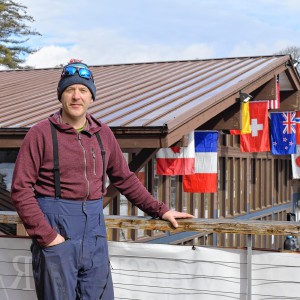 Berkshire East owner takes over Burke Mountain ski resort in Vermont
Berkshire East owner takes over Burke Mountain ski resort in Vermont
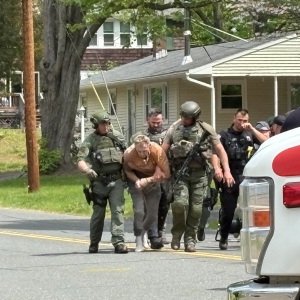 Greenfield man faces home invasion, assault charges in Elm Street standoff
Greenfield man faces home invasion, assault charges in Elm Street standoff
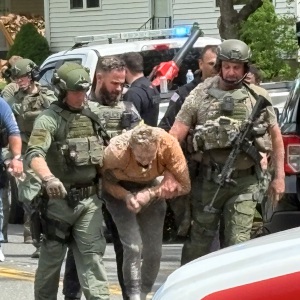 Police remove Greenfield man from Elm Street house after 6-hour standoff
Police remove Greenfield man from Elm Street house after 6-hour standoff
 Ready to fly: Greenfield Community College graduates 308 in ‘ challenging time’
Ready to fly: Greenfield Community College graduates 308 in ‘ challenging time’
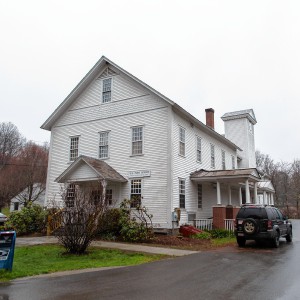 Rowe Selectboard race questioned after campaign miscues
Rowe Selectboard race questioned after campaign miscues
My dad, who died in 2006 and who I still think about almost every day, liked the adage that for there to be success, skill, knowledge, hard work and good judgment are all important, and luck is indispensable.
Talk about Iuck. TNK or TNKase, the brand name for tenecteplase, is designed to travel to the brain and dissolve the clots. Wow! Talk about a miracle drug. Now, consider this timing:
The story I am telling you happened in late April. The FDA approved TNK for treatment of strokes in March. Prior to that, the FDA had not approved a new drug for treatment of strokes in 30 years.
And more luck. Because, fortuitously, I had stayed in town for the performance, the hospital was only minutes away. That mattered. As I remember it, the ER doc said their protocol requires that TNK be injected within three hours of the stroke. Google, I later read, says 4.5 hours.
TNK is an appropriate treatment for the 80% of strokes that are ischemic, that is, caused by a blocked artery in the brain. The drug, however, would be extremely dangerous for someone who has suffered a hemorrhagic stroke, that is, one caused by a bleed, a blood vessel leaking or bursting. That’s why a quick and correctly interpreted CT scan is crucial. The docs need to know what caused the stroke.
Perhaps the most important good luck — my wife and daughter were with me. They were thinking clearly when I wasn’t. And I received incredible medical care at both hospitals and while in the air on the medevac.
May is National Stroke Awareness Month. Stroke awareness starts with BE FAST, an acronym for Balance (mine seemed a little off, maybe); Eyes (I didn’t lose sight but did have trouble making my eyes focus); Face (meaning that droop, which I didn’t have until I already was in the ER); Arm (is one arm hanging down? I didn’t experience this); Speech (that’s what really got my attention.)
And T – for Time. This is not a Rolling Stones’ world. Time is not on your side. Minutes matter. Every second, brain cells die. Don’t dawdle, don’t debate, don’t delay. Call 911. Get to a hospital as fast as possible. In every case, regardless of how much time has passed, the sooner the better.
I may have already mentioned that I was lucky. My family was lucky. Here in the Valley we all are lucky, blessed really, that Cooley Dickinson Hospital is licensed as a Primary Stroke Center. So is Baystate Franklin Medical Center in Greenfield.
Thank you for reading my story. Feel free to share it.
Bill Newman, a civil rights lawyer, radio show host and podcaster, is alive and well and living in Northampton.






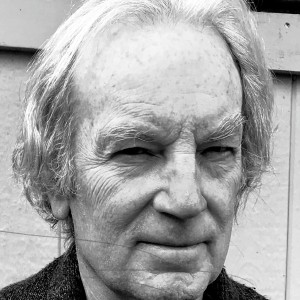 Pushback: 50 ways to site your solar
Pushback: 50 ways to site your solar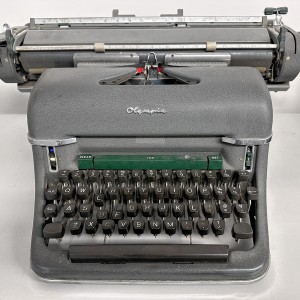 My Turn: Let Americans choose clean energy
My Turn: Let Americans choose clean energy Norman Schell: Reparations? Let the Democratic National Committee pony up!
Norman Schell: Reparations? Let the Democratic National Committee pony up!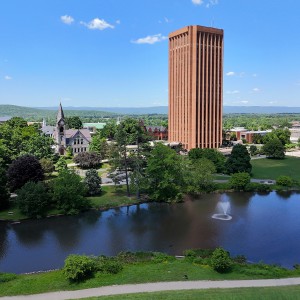 My Turn: A year after UMass’ mass arrests, the damage lingers
My Turn: A year after UMass’ mass arrests, the damage lingers
